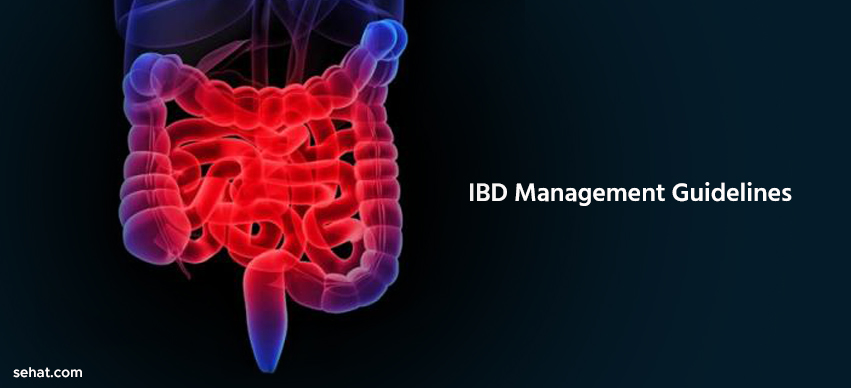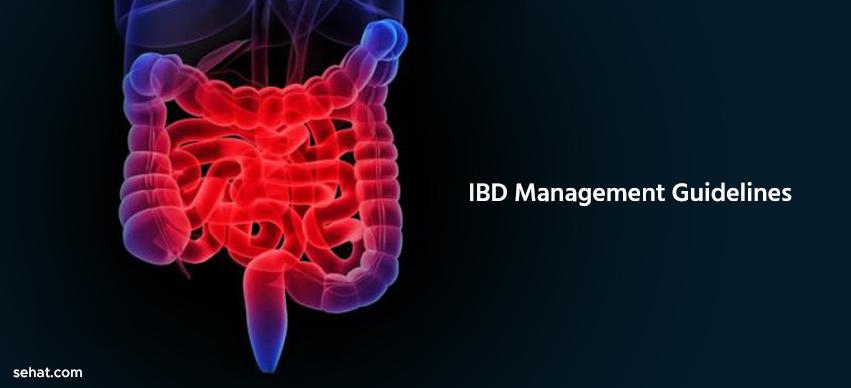Nanoparticle Therapy – An Emerging Cancer Treatment
5 Min Read


Inflammatory Bowel Disease, or IBD for short, affects millions of people around the world. According to Dr. Kavin Nanda, a Brisbane IBD specialist, the primary cause of the illness is a dysregulated immune system. Unfortunately, it remains one of those conditions that people know little or next to nothing about. But knowledge is power; and if you are armed with the right information before being diagnosed, it makes facing the condition that much easier. When it comes to this disease, it helps to think about it from a gastroenterology perspective.
Inflammatory Bowel Disease is the umbrella name given to gastrointestinal conditions that involve inflammation. Two of the main conditions that fit into this category are Crohn’s Disease and Ulcerative Colitis. The conditions can affect anyone but are typically diagnosed in people who are between fifteen and forty years old. Some of the symptoms of IBD include bloody diarrhea or blood in your stool, extreme fatigue, a decline in your appetite, an unplanned loss of weight and abdominal discomfort (pain, swelling, etc.). You can experience IBD symptoms sporadically (meaning they come and go)
For mild cases, gastroenterologists prefer to apply low-intensity treatment options and depending on the case analysis, no treatment at all. For more serious cases the treatment may include;
Which are injections of anti-body medicines used to target certain parts of the immune system?
Which kill or reduce the growth rate of bacteria (in cases where the condition is being exacerbated by bacteria.
Which are medications developed specifically for treating IBD? They work by reducing or eliminating the symptoms of the condition.
Such as azathioprine or steroids that function by slowing down the immune system.
Which are typically reserved for cases that are severe and do not respond to non-surgical treatment?
It can be pretty difficult to talk to someone else about your gastrointestinal issues especially since they involve things like bowel movements. But your gastroenterologist is in the best position to help you when you’re being fully open about your situation, and if there’s one thing these specialists could say to current and prospective patients it’s that they really don’t need to feel uncomfortable in the gastroenterologist’s office. You should be so comfortable with your GI specialist that if you experience a ‘bathroom accident’ you’re not hesitant to tell him/her.
You’ll need to feel comfortable enough to share details of your bowel movements and be open about your diet and other wellness habits that might affect the condition. Without the full picture, your doctor cannot make an accurate diagnosis and guide you along the path to recovery. In fact, if you get to your gastroenterologist early enough and provide him/her with the full picture of your gastrointestinal issues you may get ahead of the condition, and with the help of your doctor, be able to prevent it progressing to a severe stage.
If you’ve already been diagnosed with IBD you’ll need to develop a strong and open relationship with your gastroenterologist because the condition is, unfortunately, a continuous one. This is because scientists have not yet found a cure for Ulcerative Colitis or Crohn’s Disease. This means your gastroenterologist will need to monitor your progress carefully in order to help you manage the ailment. It is when you report your symptoms that your doctor will be able to assess the efficacy of the current treatment. It may be that you need to adjust the treatment or abandon it altogether for a more suitable alternative.
There are some things you need to tell your gastroenterologist so that he/ she can make an accurate diagnosis. These include the frequency, type, and appearance of your bowel movements, the comfort (or discomfort) level of your bowel movements, any abdominal issues as well as any probable correlation between the food you eat and the symptoms you experience.